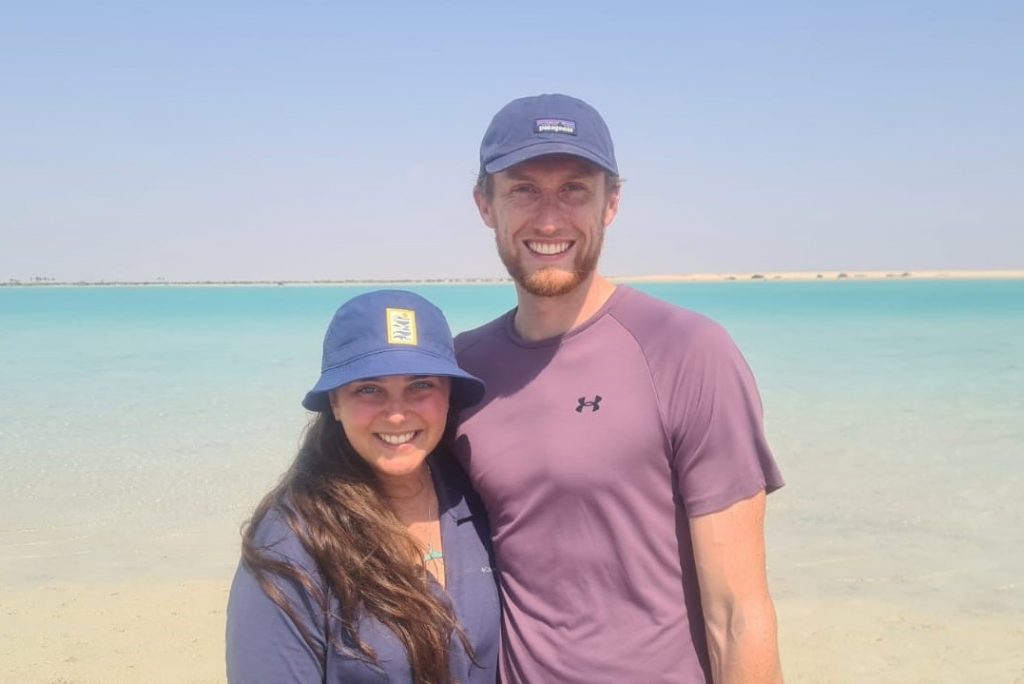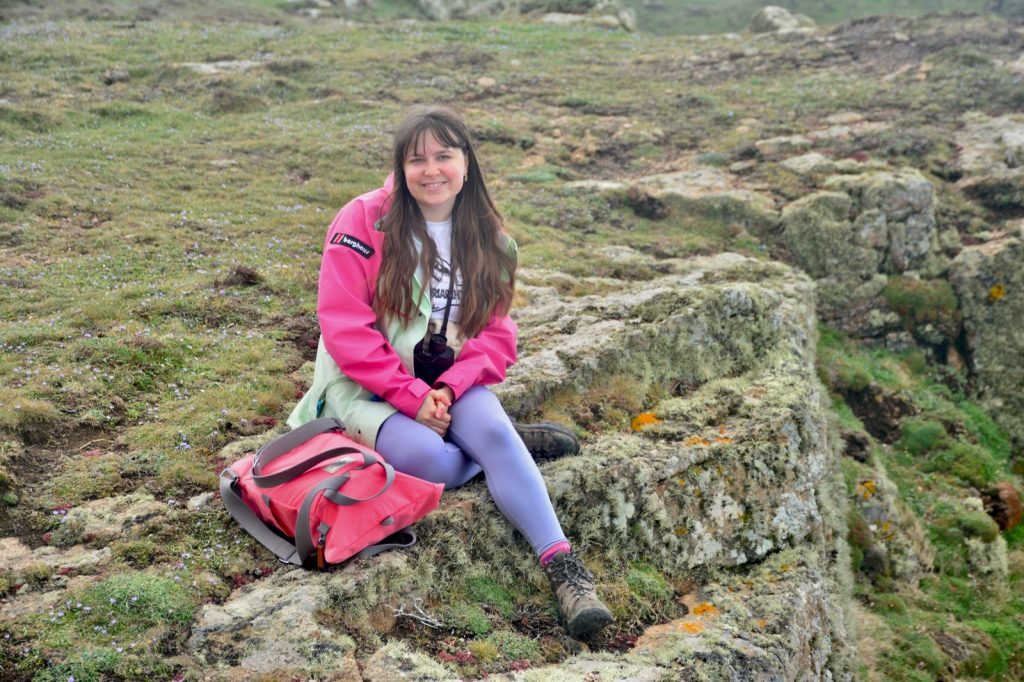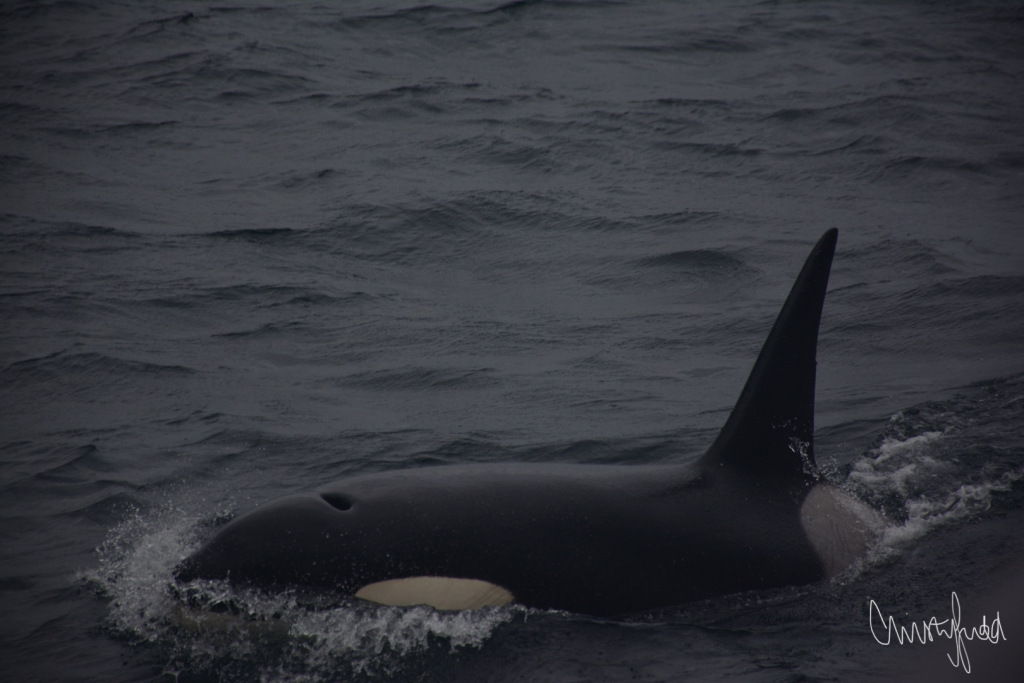Orca Watch 2023 took place from 27th May to 30th June. We have left this page and the pages linked to it so that you can find out what took place.
Orca Watch 2023 Sightings & Blogs
You can find out more about this year’s unverified sightings here, and read the blogs here.
IMPORTANT
We want everyone visiting John O’Groats (and further afield) for Orca Watch to be respectful of the local wildlife and community at all times. Please read the guide below and familiarise yourself with the supplementary materials:
Orca Watch 2023 Accommodation Scheme
We have partnered with generous accommodation providers to create a list of official accommodation partners that we can recommend you use during your time in John O’Groats.
The Orca Watch 2023 Team

Project Managers: Christy Judd and Harry Clark

Communications Manager: Juliet Maxted
Orca Watch Volunteer Observer FAQs
We are looking to recruit between 40 and 50 Orca Watch Volunteer Observers. Too many will mean we won’t be able to support you as much as we would like.
We are hoping to have at least one experienced Orca Watcher per team who is familiar with the watching protocol, and can provide guidance to the rest of the team. This comes at a reduces cost as a ‘thank you’ for coming back this year!
If more than 50 people apply, then preference will be given to those who are planning on staying for most or all of the event and those with prior experience in marine mammal surveying.
The scheme will be open for applications until 11:59pm 25th of February.
We will let you know whether you been accepted on the scheme by 11:59pm 16th March. At that time, if you have been accepted on the scheme, we will ask you for payment of the registration fee. If you have not not heard back from us by this time regarding your acceptance, you will have not been selected for the Orca Watch 2023 season.
Final steps for accepted volunteers must be completed by 5pm March 31st.
Yes, you are still most welcome to come along to watches to find out more and to support the Orca Watch Volunteer Observers.
We hope you will understand that the fee is non-refundable, and will go towards supporting Orca Watch and Sea Watch’s ongoing work.
Sightings of cetaceans can often be seen early morning and evening. Each watch will be a maximum of two hours – two in the morning and two in the afternoon. We anticipate that teams will run either the morning or afternoon watches at various key locations during the week. This leaves you free for the rest of the day to do your own spotting or go on a ferry trip.
2x 100-minute watches, with a one-hour break.
| AM/PM Watches 2022 | AM/PM Watches 2023 |
| 08:30 – 13:30 | 08:30 – 12:50 |
| 13:30 – 18:30 | 13:00 – 17:20 |
The ferry company supports us by allowing us three free spots for our data collectors on each return ferry crossing and on each wildlife cruise. Therefore, there will be opportunities to collect data from the ferry, as well as from land.
Land watches will only be initiated when the Sea State is suitable – sea state 3 (occasional white caps) or below – and when the wind speed is at a safe level.
The ferry usually sails regardless of the weather, but again, watches should only take place when the sea state is suitable.
More information on how to assess whether or not to proceed with a watch – whether from land or sea – will be given in the training.
We will do our best to allocate land-watches based on your preferences and location, as stated on your registration form. Ferry watches have proved extremely popular in previous years. If you state you wish to collect data from the ferry, we will do what we can to put you on the data collection team for at least one ferry watch.
For both land and ferry watches, we aim to have teams of at least three – a team leader (experienced) and two less experienced members.
After the training and before the event starts, we will issue a draft schedule based on people’s preferences. This will be finalised at the start of the week. During the event, come to Orca Watch base or contact the volunteer coordinator if you have any questions about your watches.
Several watch sites are close to John O’ Groats either by walking, public transport or a combination of both. Please remember though that public transport may not be as frequent as you are used to back home, due to the remote location.
As an Orca Watch Volunteer Observer travelling to a site to do your watch, we will try and partner you with someone who has space in their car, although this cannot be guaranteed.
We will also bear in mind your location and travel situation when allocating watches.
You suggest that you should have with you:
- A pair of binoculars. (Magnification should be anywhere between 7 and 10 times. 7x magnification usually has better light-gathering, which can be particularly useful over the sea, while 10x is better for picking out details. For many, 8x is a good compromise.)
- Warm, waterproof and windproof clothing – the weather in the region can change very quickly and there may be times when you find yourself caught in wind or rain.
- A flask for water / a hot drink
- Snacks.
- Ideally, a smartphone with the Sea Watcher App downloaded to it (we will cover this in the training sessions) and a portable charger for the smartphone.
We will train you via zoom prior to the event on our methods of data collection, our protocols and cetacean identification.
We will confirm the training dates nearer the time. We will do our best to arrange the training to suit as many as possible. They are likely to be held in the evening to cater for people’s day-jobs.
We are still working out the details, but each session is likely to last no more than one and a half hours, and there will be no more than three sessions.
























